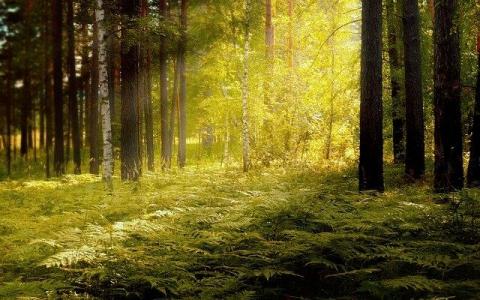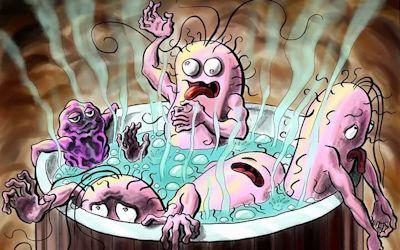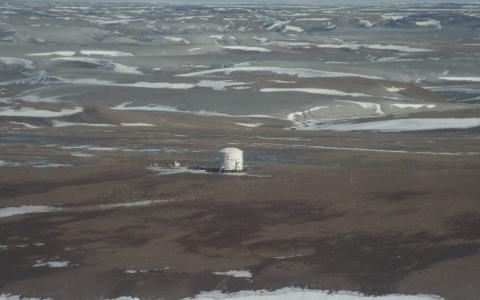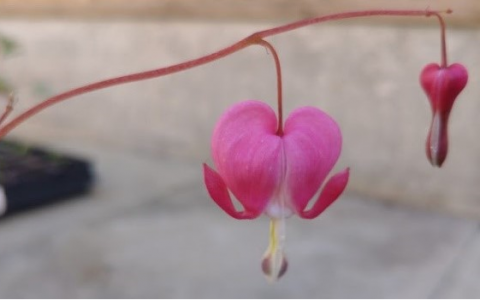Blog
Fred Hoyle’s The Black Cloud
19 August 2020 is the date of the letter in the Prologue to Fred Hoyle’s first space science fiction novel, The Black Cloud, published in 1957. Born myself in 1957, I have been waiting all my life for an opportunity to write about The Black Cloud on this very date.
Scientific storytelling: A recipe for a peer-reviewed paper
Peer-reviewed journal articles, or scientific papers, are the bread-and-butter of scientific research. They are the primary means by which scientists communicate a ‘finding’ – a new piece of scientific knowledge- to others across the world and into future generations.
Is there life on Mars?
Mars is usually depicted as a dry, cold, and inhospitable world… but plenty of evidence tells the story of a more benign planet: a Mars spotted with lakes and rivers.
The oddly harmonious relationship between science, religion and spirituality - from my perspective
This blog post is not riddled with pseudoscience, and its aim is not to convince you that your chakras are blocked.
Enceladus: A habitable ice world?
The Earth is teeming with life and yet we are only one planet, orbiting one star, in a galaxy of over 250 billion stars.The Earth is teeming with life and yet we are only one planet, orbiting one star, in a galaxy of over 250 billion stars.
Brick Walls and Adaptations: Working Throughout Quarantine
This is my short story of quarantine so far.
Communicating in crisis
In UK newspapers, and elsewhere, reactions to the spread of the novel coronavirus Covid-19 have ranged from the stoical (‘wash your hands’), to panic (complete absence of toilet roll and pasta in supermarkets), to constant praise for NHS workers, to anticipating the end of lockdown.
The Overlooked Science of Communicating Science
I must have been a fifth year pupil when I first visited a Natural Science Museum. I still remember my excitement describing to my classmates how I had spent my summer holidays: It was our first family trip to Paris, spending two full weeks sightseeing.
Isolation but “not on Earth”
We are all in self-isolation. However, I suddenly realized that this new lifestyle that we all have acquired looks a bit familiar to me. I reminded myself that I have already spent five months in isolation (without even talking to my mum – for me, this is an extreme condition!).
Lab-based PhD student adjusts to working from home
Since the 17th March, I have been working from home, like many others, owing to the government guidelines in response to COVID-19.



